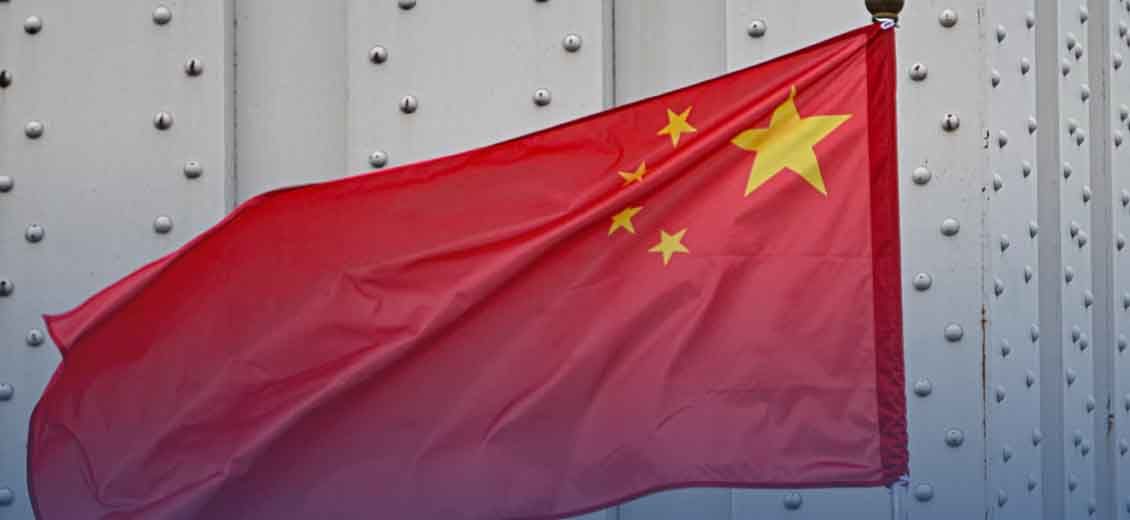
The United States and China announced Monday an agreement to drastically reduce tit-for-tat tariffs for 90 days, an outcome President Donald Trump dubbed a "total reset," as he said that talks with counterpart Xi Jinping could soon follow.
After the first meetings between Washington and Beijing since Trump ratcheted up his trade war, the world's two biggest economies agreed in a joint statement to bring their triple-digit tariffs down to two figures and continue negotiations.
The announcement sent financial markets soaring after weeks of turmoil over tariff fears, with major Wall Street indexes surging.
"Yesterday we achieved a total reset with China after productive talks in Geneva," Trump said. "I'll speak to President Xi, maybe at the end of the week."
US Treasury Secretary Scott Bessent described weekend discussions with Chinese Vice Premier He Lifeng and international trade representative Li Chenggang as "productive" and "robust" with both sides anticipated to meet again soon.
"Both sides showed great respect," Bessent told reporters.
Trump's fresh duties on many imports from China came up to 145 percent this year, compared to 10 percent for other countries in a global tariff blitz launched last month.
Beijing hit back with duties of 125 percent on US goods.
The United States agreed to lower its tariffs on Chinese goods to 30 percent while China will reduce its own to 10 percent.
These actions are to be taken by Wednesday.
Bessent told CNBC Monday that he expects United States and Chinese representatives to meet again in the coming weeks to work out "a more fulsome agreement."
While Washington does not want broad decoupling from China, it seeks "decoupling for strategic necessities," Bessent said.
He added to CNBC that the purpose of the 90-day pause was also to see what the United States could do about non-tariff barriers weighing on US firms.
China hailed the "substantial progress" made at the talks, held at the discreet villa residence of Switzerland's ambassador to the United Nations in Geneva.
This move "is in the interest of the two countries and the common interest of the world," the Chinese commerce ministry said, adding that it hoped Washington would keep working with Beijing "to correct the wrong practice of unilateral tariff rises."
With the agreement, China also committed to suspending or removing non-tariff countermeasures.
Fentanyl 'Cooperation'
The US additional tariff rate remains higher than China's because it includes a 20 percent levy over Trump's complaints about Chinese exports of chemicals used to make fentanyl, US Trade Representative Jamieson Greer told reporters.
"Those remain unchanged for now," he said. But "both the Chinese and the United States agreed to work constructively together on fentanyl and there is a positive path forward there as well."
In a joint statement, the two sides agreed to "establish a mechanism to continue discussions about economic and trade relations."
"I think we leave with a very good mechanism to avoid the unfortunate escalations," Bessent said, noting that the tariffs had essentially created a trade "embargo" between the two superpowers.
China's commerce ministry said both parties "will conduct rolling consultations on a regular or ad hoc basis in China, the US or agreed third countries."
'No Guarantee'
A suspension of higher tariffs marks "substantial de-escalation," said Capital Economics chief Asia economist Mark Williams in a note.
But "there is no guarantee that the 90-day truce will give way to a lasting ceasefire," he warned.
Washington appears to be seeking to rally others towards introducing restrictions on trade with China, he said.
Nonetheless, the latest development signals negotiations are moving to a more conciliatory phase, according to a Deutsche Bank Research note.
Zhiwei Zhang, president and chief economist at Pinpoint Asset Management, believes the outcome of the weekend meeting was a "success" for Beijing.
"China took a tough stance on the US threat of high tariffs and eventually managed to get the tariffs down significantly without making concessions," he said.
Trump's tariffs and high rates targeting China have rocked financial markets, raising fears the levies would rekindle inflation and cause a global economic downturn.
The Geneva meeting came days after Trump unveiled a trade agreement with Britain, the first with any country since his new duties on both friend and foe.
AFP



Comments